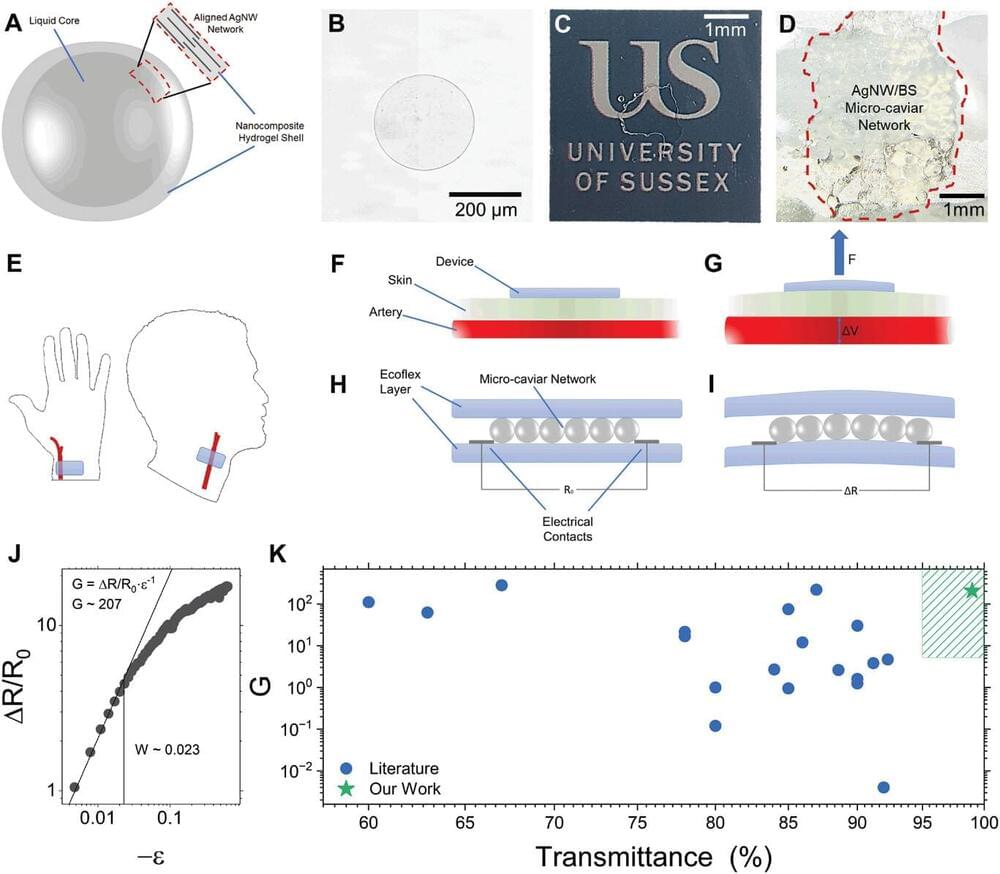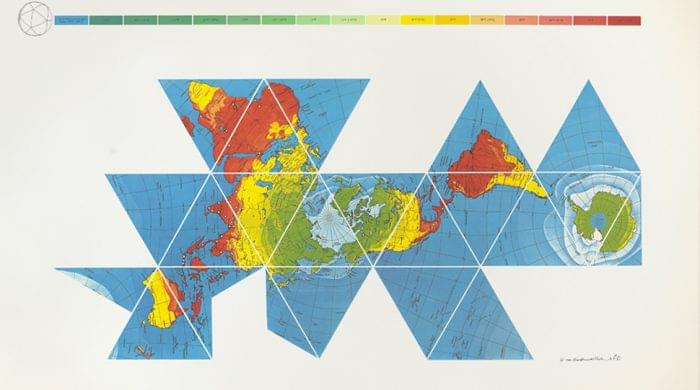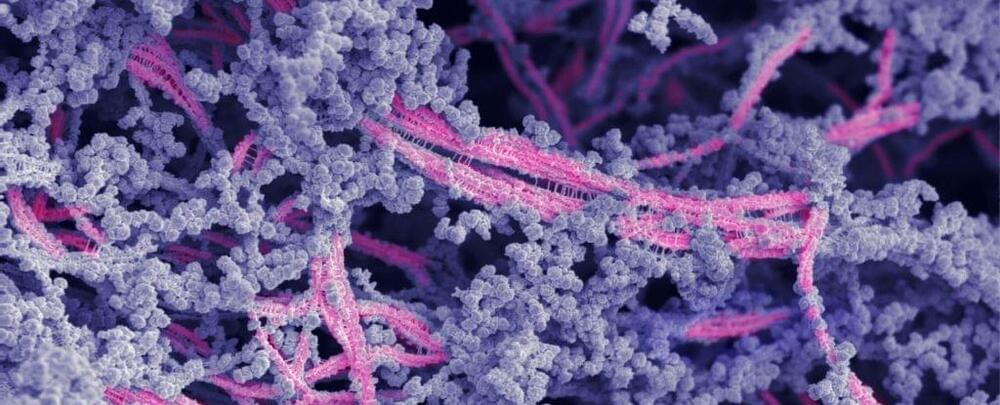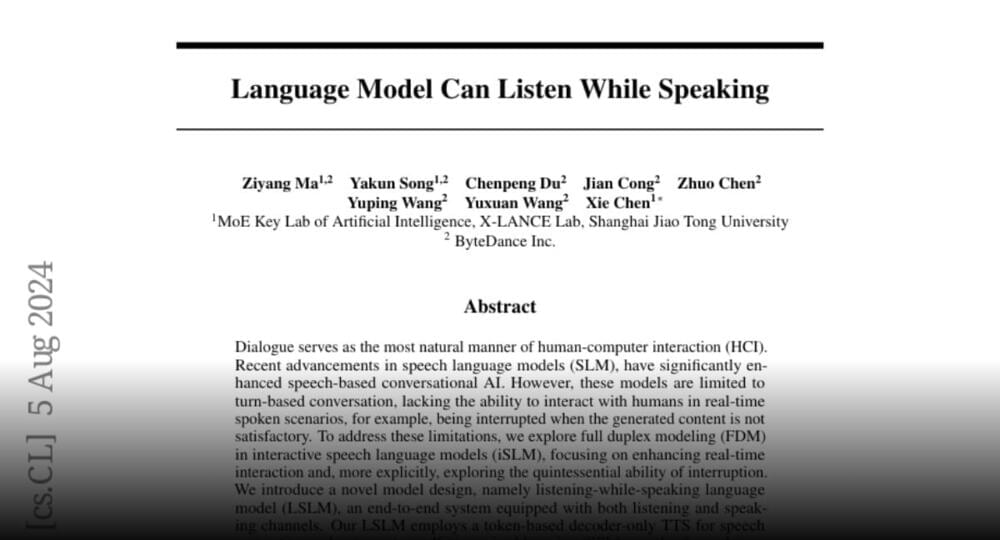Aug 13, 2024
DARPA Aims to Ditch C Code, Move to Rust
Posted by Saúl Morales Rodriguéz in categories: innovation, military, robotics/AI
The US military agency responsible for developing new technologies plans to embark on an effort to rewrite significant volumes of C code by funding a new research challenge to create an automated translator capable of converting old C code with function written in the security-focused Rust language.
The Defense Advanced Research Projects Agency (DARPA) will hold a workshop, known as Proposers Day, on Aug. 26 to outline its vision for the Translating All C to Rust (TRACTOR) project. The effort calls for academic and industry research groups to compete to create a system that can turn C code into idiomatic — that is, using native features — Rust code. The project’s ultimate goal is to provide tools so that any organization with large volumes of software written in C can convert that code to Rust and eliminate the memory-safety errors that account for a large source of software vulnerabilities.
Without an automated system, developers are unlikely to take on the task, says Dan Wallach, program manager in DARPA’s Information Innovation Office (I2O).


















